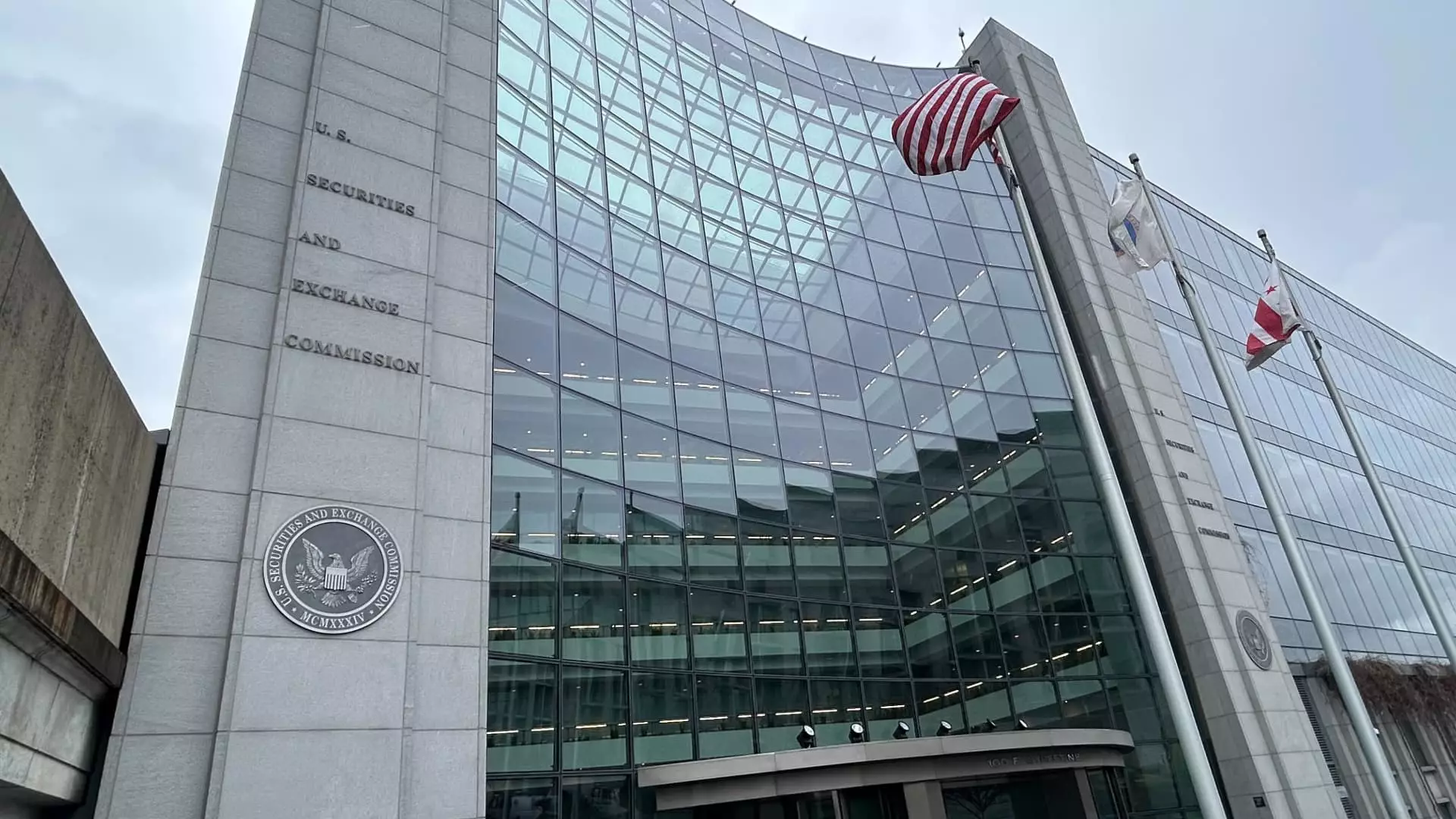The recent wave of resignations sweeping across the U.S. Securities and Exchange Commission (SEC) reveals a deeper malaise within the federal oversight structure. With over 600 staff members, including crucial enforcement lawyers and senior personnel, opting for voluntary exits, the implications for market regulation and investor protection are staggering. This circumstance exemplifies how turbulent politics in Washington can directly undermine essential governing institutions, rendering them incapable of fulfilling their crucial roles.
Disruption Driven by Neglect
The exodus reflects not merely individual career decisions but a broader, systematic push spearheaded by the Trump administration and magnified by figures like Elon Musk. This concerted effort to diminish the federal workforce speaks volumes about the priorities of those in power, prioritizing economic maneuverability over regulatory integrity. Over 12% of the SEC’s total workforce departing raises eyebrows over the agency’s future viability. A healthy regulatory environment cannot exist without experienced personnel; thus, the idea that cutting bureaucracies will lead to a leaner, more efficient operation is more illusory than insightful.
Metrics of Inefficiency
The claim that the SEC has been bloated and inefficient is merely a rhetorical device used to justify these drastic measures. Critics might argue that the SEC, as a guardian of public trust in financial markets, serves a purpose that transcends efficiency metrics. Regulations protect investors, bolster market integrity, and ensure that the financial landscape is not ruled solely by profit-driven motives devoid of ethical considerations. By removing seasoned employees, the SEC risks losing its institutional knowledge and its ability to adapt to swiftly changing market environments.
Leadership Void
The managing approach of SEC Acting Chairman Mark Uyeda exacerbates the issue. Under his leadership, the agency has become vulnerable, lacking clear direction or decisive action in these critical times. Despite the potential arrival of Paul Atkins as the replacement nominee, uncertainties loom large as the Senate prepares to assess his qualifications. A leadership transition in such a volatile atmosphere could hinder critical initiatives and exacerbate existing vulnerabilities.
Whispers of Insecurity
Furthermore, the internal climate among SEC rank-and-file employees cannot be overstated. The genuine fear of impending layoffs has created a culture of uncertainty, prompting many to conclude that their positions are precarious. As the specter of forced resignations looms, those remaining may question their job security and become disengaged, further negatively impacting agency operations. This looming threat is not just a matter of livelihood but also one of moral integrity. A demoralized workforce is less likely to uphold the ethical standards essential to protecting investors.
The future of the SEC hangs in a delicate balance. The interplay of political ambition and fundamental oversight capabilities is unfolding in real-time, and the fallout from these strategic resignations will be felt long after the dust has settled. While streamlining government functions can yield some benefits, dismantling vital oversight infrastructures—especially during tumultuous economic times—could prove catastrophic for both our financial markets and the trusting public that relies on them.


Leave a Reply